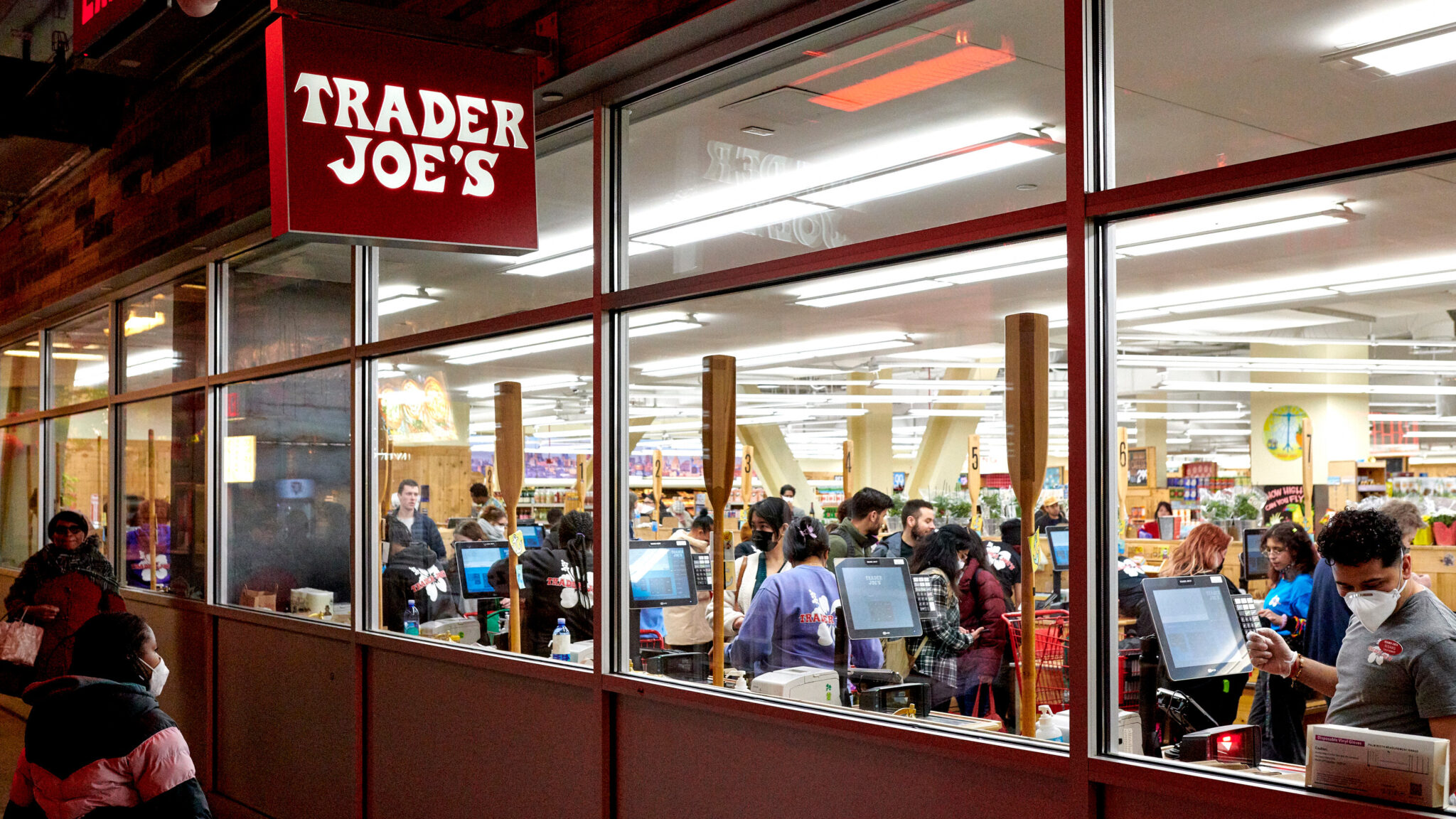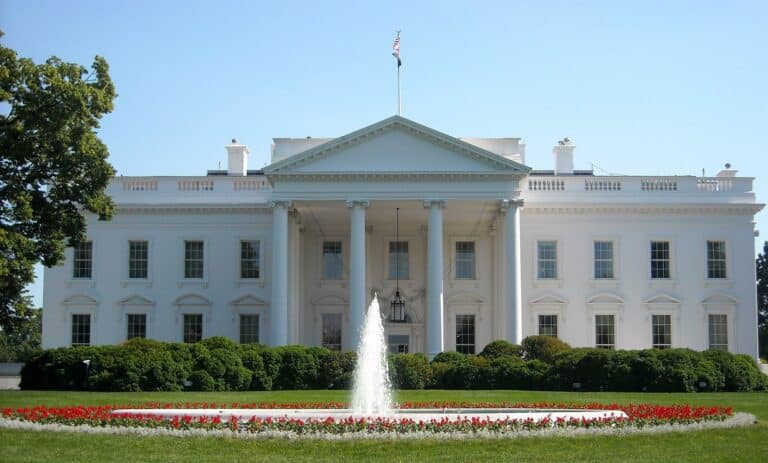
Holt McKeithan is a student at Harvard Law School.
In today’s News and Commentary, Trader Joe’s is accused of unfair labor practices (again), the Teamsters call for a boycott, and the state of Washington bans captive audience meetings.
The National Labor Relations Board accused Trader Joe’s of unfair labor practices at a California store ahead of last year’s union election. The Board alleges a manager at the Oakland store interrogated workers about the union, threatened store closures and hour reductions if workers supported the union, and otherwise disparaged union supporters. A manager allegedly called employees who supported the union a “gang.” The Board’s complaint is the latest chapter in its dispute with the grocery chain. It has also alleged Trader Joe’s made illegal threats ahead of a Kentucky union vote and illegally fired a worker at a Massachusetts store. Trader Joe’s has responded by challenging the constitutional validity of the Board. John’s ongoing series documents those constitutional claims.
The International Brotherhood of the Teamsters is calling for consumers to boycott beverage company Molson Coors, which owns Coors Light, Miller Lite, and other alcoholic beverage brands. The Teamsters represent over 400 workers at the Molson Coors’ Texas brewery negotiating for a new contract. The workers struck on February 17th when Coors offered only a 99 cent per hour wage increase. Last week, the Teamsters returned to the bargaining table, but Molson Coors increased its offer by only 5 cents per hour. The Teamsters responded to the meager increase by calling for a consumer boycott of the company’s products, which include Miller Lite, Coors Light, Yuengling, Topo Chico seltzer, and Blue Moon.
The State of Washington enacted new worker protection laws Wednesday. Governor Inslee signed a slate of bills protecting workers, including the Employee Free Choice Act, a law that prohibits employers from disciplining or firing employees who refuse to attend captive audience meetings. Otto reported last month on those bills’ progress through the legislature. With the governor’s signature this week, Washington became the seventh state to ban captive audience meetings. It joins New York, Minnesota, Maine, Connecticut, Oregon, and Wisconsin in a growing wave of regulation taking aim at captive audience meetings. NLRB General Counsel Jennifer Abruzzo issued a memo in April 2022 stating her view that captive audience meetings violate the NLRA.






Daily News & Commentary
Start your day with our roundup of the latest labor developments. See all
June 17
NLRB finds a reporter's online criticism of the Washington Post was not protected activity under federal labor law; top union leaders leave the Democratic National Committee amid internal strife; Uber reaches a labor peace agreement with Chicago drivers.
June 16
California considers bill requiring human operators inside autonomous delivery vehicles; Eighth Circuit considers challenge to Minnesota misclassification law and whether "having a family to support" is a gendered comment.
June 15
ICE holds back on some work site raids as unions mobilize; a Maryland judge approves a $400M settlement for poultry processing workers in an antitrust case; and an OMB directive pushes federal agencies to use union PLAs.
June 13
Termination of grants promoting labor standards abroad at the District Court; Supreme Court agrees to hear case about forced labor; more states pass legislation to benefit striking workers
June 12
An administrative law judge holds that Yapp USA violated the NLRA; oral arguments for two labor cases before the Eighth Circuit.
June 11
DOJ charges David Huerta; unions clash with the administration on immigration; general counsel says Humphrey's Executor doesn't apply to the NLRB.